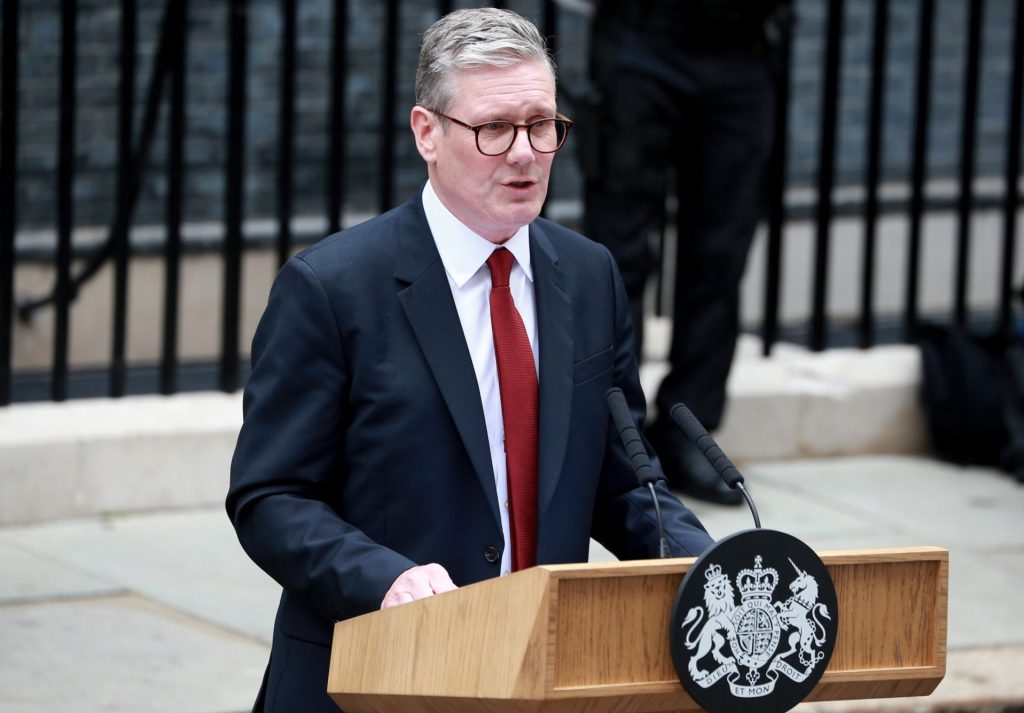The Prime Minister has confirmed a new agreement with the European Union, aimed to deliver on his core mission to grow the economy, back British jobs and put more money in people’s pockets. Extensive negotiations over the last six months have led to the third major deal struck by the government in as many weeks,…
This content is for subscribers only. Subscribe now for free to read the full article.
Already a subscriber? Login

